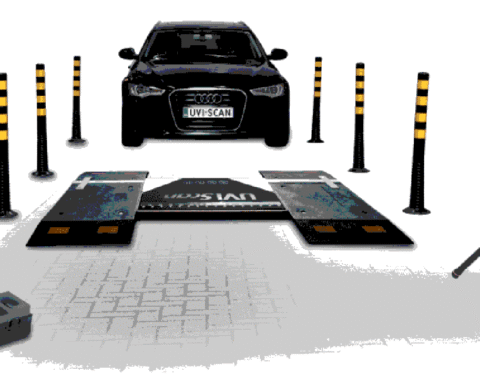Dementia can come at any time when we least expect it, and test our powers of endurance. It affects millions worldwide, but with the right care and treatment, families can pass this hard time together. The most common form of dementia, Alzheimer’s disease, takes away memories and basic daily skills. But this is not the end of the road.
Knowing how to tackle dementia effectively helps families and carers to give the patient exactly what they need. Tools like the FAST Scale for Dementia are here to do just that.
Also known as the Functional Assessment Staging Tool, it is essentially a monitoring system designed to closely track the progression of dementia over time. Families and caregivers worldwide use the check to determine the level of care a patient needs when they first enter an Assisted Living Facility.
Understanding the Stages of the FAST Scale
The FAST Dementia Scale separates seven major phases of dementia progression, each building on the last in a predetermined order for pure Alzheimer’s cases. This structured approach provides clarity and reminds us that every step presents opportunities for interaction and change. Early detection can guide treatments, preserving independence longer, whereas later phases reveal the beauty of honest, sincere caring.
Early Stages: Subtle Beginnings (Stages 1-3)
The first few stages are the most difficult to detect.
- Life goes on seemingly as usual. All the daily routines are intact, and it may look like things are as normal as could be at stage 1.
- Only very small changes give away something more sinister, like misplacing leys or taking too long to find the right words. With these aberrations, doctors detect the beginnings of stage 2.
- At stage 3, the impairments become even more obvious. Coworkers may notice a sudden drop in productivity, or traveling to new places becomes scarier than it needs to be.
These are gentle reminders that things have evidently gone too far, and the patient needs help. They need a lifestyle change, like a senior living community, that is perfectly suited to their new circumstances.
Middle Stages: Growing Needs (Stages 4-5)
Moderate deterioration affects sophisticated tasks, such as meal planning, managing finances, or shopping, which may require assistance as we progress to Stage 4. Still, with support, people can find fulfillment in hobbies or family time and participate in important activities.
Stage 5 introduces somewhat significant changes that require assistance with fundamental skills, such as selecting the right clothes. This phase highlights the importance of patience and positivity, as even small adjustments can significantly improve daily comfort and confidence.
Later Stages: Profound Support (Stages 6-7)
Stage 6 signals a great decline, with substages describing growing dependencies: from needing help dressing (6a) and bathing (6b) to managing toileting (6c) and incontinence (6d and 6e). Although these transformations can be mental, they also inspire more profound manifestations of love through actual care.
Stage 7, at last, signifies a very bad decline where speech reduces to a few words (7a) or none; movement fades (7c–7d); and even smiling becomes difficult (7e). Here, comfort takes precedence, guaranteeing every moment is cradled in warmth and safety at an assisted living community.
Scoring and Assessment: A Guiding Light
The FAST scale scores are simple and compassionate; they are just the stage number that best fits the seen skills, as assessed by doctors through interviews, feedback from loved ones and personal observations. It is just a comprehensive perspective on daily life; no intricate tests. Higher scores reveal higher needs but also direct constructive activities like customizing therapies or qualifying for hospice care when life expectancy approaches six months. Usually done during doctor appointments, routine evaluations enable families to celebrate minor successes and prepare ahead with optimism by gently monitoring changes.
Linking the FAST Scale to Alzheimer’s Progression
Alzheimer’s develops slowly, and the FAST scale captures this perfectly by correlating functional losses to the biological impact on the brain. From Stage 3’s early memory lapses to total dependence in Stage 7, it underlines a typical 7–10 year trip, although lengths vary. Knowing the path ahead helps us to act with medicines, activities, or support groups, to slow down advancement and improve life. It reminds us that although Alzheimer’s greatly affects people, the core of the individual stays and deserves our constant compassion.
Care Implications: Building a Supportive World
Care turns into a world of love and resources as the stages progress. People in a senior living community find lively surroundings with interesting programs that stimulate the brain and feed the spirit, lessening loneliness and increasing happiness. Combining independence and safety in a home-like environment, an assisted living facility provides customized assistance with daily chores. For families, these choices offer professional treatment, social ties, and peace of mind. Usually at Stage 7, hospice stresses comfort and asserts the importance of everyday life. Accepting these supports transforms obstacles into chances for stronger bonds and a meaningful life.
In closing, the FAST Dementia Scale isn’t just a tool; it’s a beacon of hope, illuminating the path through Alzheimer’s with clarity and kindness. By understanding stages, scoring, and progression, we can surround our loved ones with the care they deserve, cherishing the light they bring to our lives.
Read More Gorod








